Adams seeking damages of at least 200,000 euro from BBC, jury hears
The British public service broadcaster has argued it would be a “cruel joke” to award the former Sinn Fein president with any damages.

Gerry Adams is seeking “very substantial” damages of at least 200,000 euro (£168,000) from the BBC, the jury in his libel action against the broadcaster has heard.
However, the British public service broadcaster has argued it would be a “cruel joke” to award the former Sinn Fein president with any damages.
Mr Adams is suing the BBC over what he claims was a “grievous smear” against him, while the organisation described the action as a “cynical attempt to launder his reputation”.
The former Sinn Finn leader says a BBC Spotlight programme, and an accompanying online story, defamed him by alleging he sanctioned the killing of former Sinn Fein official Denis Donaldson, for which he denies any involvement.
Mr Donaldson was shot dead in 2006, months after admitting his role as a police and MI5 agent for 20 years.
In the programme broadcast in September 2016, an anonymous source given the pseudonym Martin claimed the shooting was sanctioned by the political and military leadership of the IRA and that Mr Adams “gives the final say”.
In 2009, the dissident republican group the Real IRA claimed responsibility for the killing and a garda investigation into the matter is ongoing.
Both sides in the defamation case have concluded their closing arguments and the jury is in the process of hearing Judge Alexander Owens’ charge.
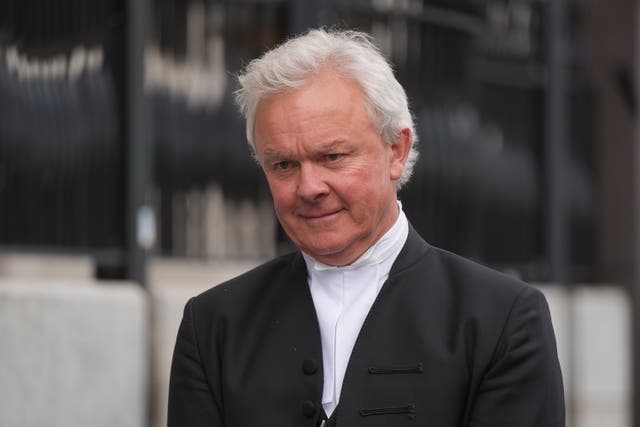
Declan Doyle, SC, for Mr Adams, said the damages that should be awarded to his client had to be “very substantial indeed”.
Mr Doyle said the “widespread circulation of a national broadcaster of an allegation of a cold-blooded cynical murder” could not be a defamation of anything other than “very serious or exceptional”.
It had been explained to the jury by the BBC that the awards for damages fall into four general categories, with top of the scale defamation covering awards of more than 200,000 euro – but rarely over 300,000 euro (£250,000).
Paul Gallagher, SC, for the BBC, had argued that the jury should find in favour of the broadcaster – and would therefore not have to consider the amount of damages.
He said the reputation of the plaintiff was important for the case, adding that it was “universally held” that Mr Adams had a reputation of being in the IRA and on its Army Council.
Mr Adams denies ever being in the IRA.
On the subject of awarding damages, Mr Gallagher said: “What sort of cruel joke would that be? That he can continue to deny any association and come into court and say, ‘I am a peacemaker’.”
He said if they were to decide to give damages, the BBC would be asking for a nominal amount “because anything else would be unjustified”, adding that it was open to the jury to award one euro.
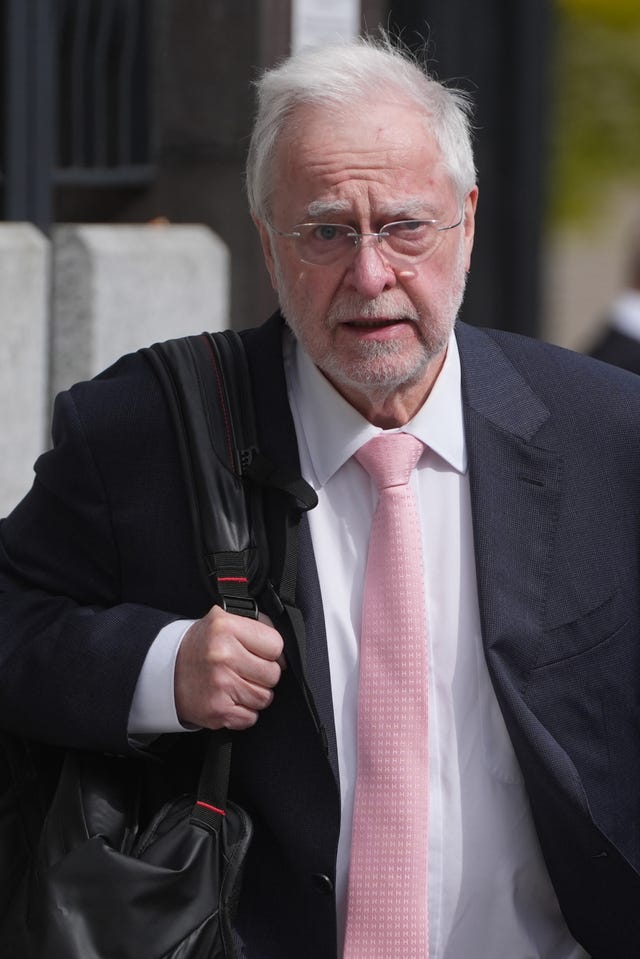
Mr Gallagher said the broadcaster stood by the programme and was entitled to put forward matters raised in the documentary, which he said were of public importance and done in good faith.
He said the journalist in the broadcast, Jennifer O’Leary, had done her work in a “forensic”, fair and reasonable way.
Mr Gallagher said the meaning of the programme and article was not that Mr Adams had sanctioned and approved the killing, and that the claim had to be taken in context of the whole report.
The former attorney general said the claim made by Martin was presented as an allegation and was immediately followed by Mr Adams’ denial, the claim of responsibility by the Real IRA and the state of the Garda investigation.
In his closing statement, Mr Gallagher told the jury that Mr Adams could not say his reputation had been harmed by the programme if his reputation was of being a member of an organisation that “held this country and the North as a hostage for three decades”.
The SC said the atrocities committed by the IRA had to be borne in mind, adding that it is difficult to imagine the level of fear, tension and horror created.
“The death, the harm and the fear were palpable.”
He added: “Are we to say nothing about that? Mr Adams would like us to say nothing.”
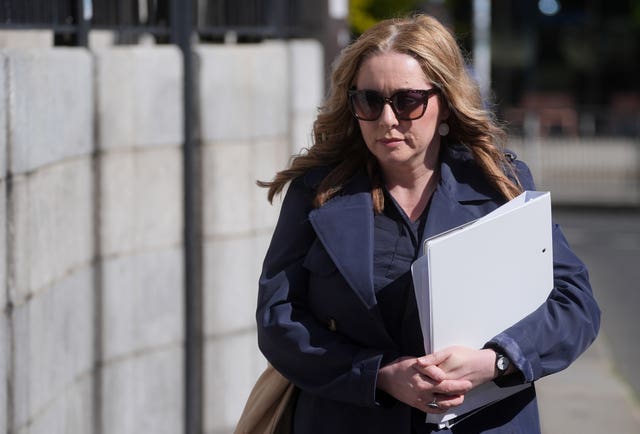
Mr Gallagher said Mr Adams put himself forward as a peacemaker with “no hint” of other aspects of his reputation, adding that the “bad part cannot be ignored”.
He said that the former Sinn Fein leader had accepted in court that it had been repeatedly reported in newspapers and elsewhere that he was a member of the IRA.
Facing the jury, Mr Gallagher said the case is important because it goes to the right to free speech, the right to ask questions, and the right to give information to the public.
He said the case was brought by Mr Adams based on a “number of fundamental errors”, adding: “The most glaring was the error that there was only one source.”
Mr Gallagher said this was contradicted by the documents in the case, noting that Ms O’Leary had given evidence that the claim was corroborated by five other sources.
For Mr Adams, Mr Doyle told the jury in his closing argument that in addition to the right of free speech, there is also a right to a good name.
He said the BBC had “distorted” the balance and tension between these two fundamental constitutional rights.
He said they had been told it was a “cruel joke” for Mr Adams to seek damages, but he added that this was the remedy for any citizen who is defamed in Ireland.
He said the function of damages in such a case is both for the injury to the reputation but also to restore and vindicate that reputation.
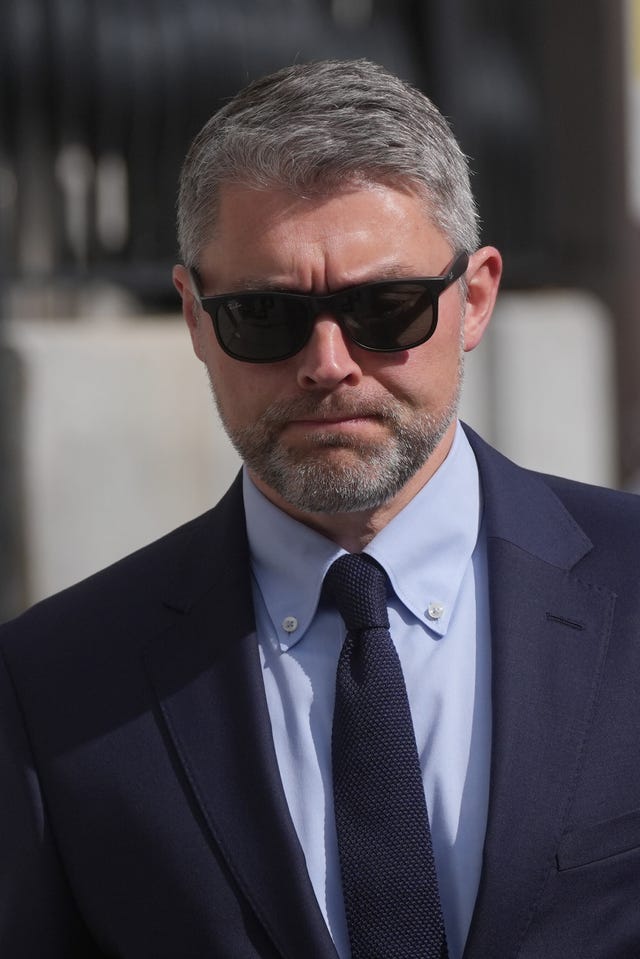
Mr Doyle said the meaning of the words of the allegation in the broadcast and article were that Mr Adams had effectively “cold-bloodedly ordered” the murder of Mr Donaldson.
He said this was “clear as day” and there was “no interpretation of those words”.
He said the jury had to proceed on the basis that this was a false allegation as the BBC had not asserted that it was true.
He said the revelation was presented as a “big reveal”.
Mr Doyle said the jury was being asked to “consider the so-called ‘responsible journalism'” of the Spotlight documentary.
He said he was not arguing that Ms O’Leary set out deliberately to “shaft and bury” Mr Adams, but that the BBC had not acted in good faith as there “was no attempt to verify” the allegation.
Mr Doyle said the seriousness of the allegation carried a higher burden to ensure it was right, but that the BBC’s attempts were “beyond woefully inadequate”.
He said the BBC should have asked An Garda Siochana about the allegations and that the assertions about corroboration did not fulfil the requirement of verification, which he said would have told the journalist that Mr Adams was “not in the frame at all”.
He said the reporting was “reckless journalism” with a “reckless indifference to the truth”.
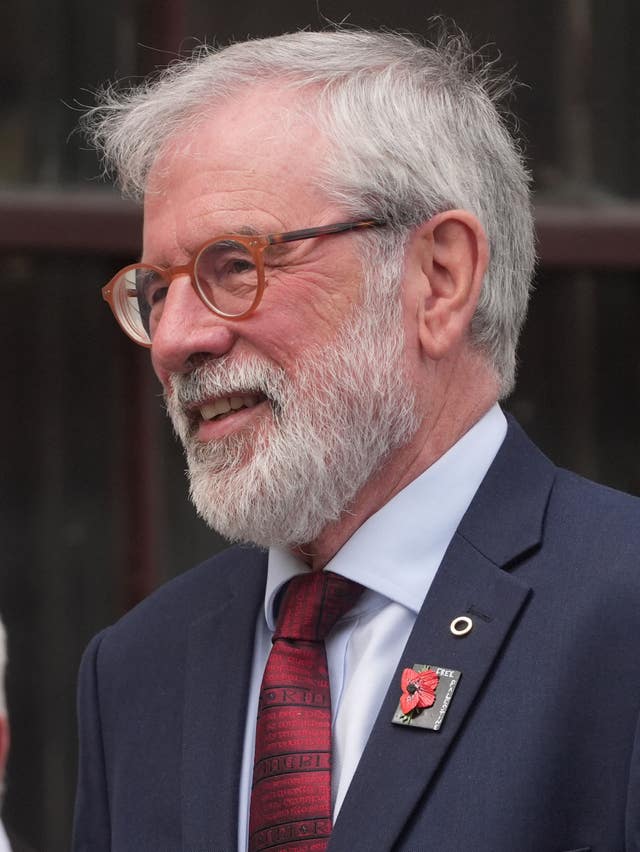
Mr Doyle said it was “cheek beyond belief” to say that Mr Adams was ignoring a significant part of his reputation and accused the BBC of “deliberately and cynically” ignoring his reputation for “peace and reconciliation”.
He said the broadcaster had put to the jury a “deluge” of hearsay and damaging material about Mr Adams, arguing that this was a “reductive, narrow prejudiced view”.
Mr Doyle said reputations change over a period of time.
He added that “great heroes of many places” have their origin in armed conflict, noting that South African president Nelson Mandela as well as Irish revolutionary figures Eamon DeValera and Michael Collins had all been involved in violence.
“Just because the BBC does not equate what happened in Northern Ireland to any of these things, doesn’t mean that they might not be true.”
Mr Doyle said Mr Adams was a person who, with others, “brought peace to this island”.
He added that he had been repeatedly elected to the British parliament, the Northern Ireland Assembly and Dail Eireann.
“That’s his reputation”.
He added: “It’s not this narrow, biased limited and reductive reputation as contended for by the BBC – it just isn’t.”
He told the jury that the BBC had made no apology, correction or offer of amends.
The jury will continue to hear the judge’s charge on Friday.





